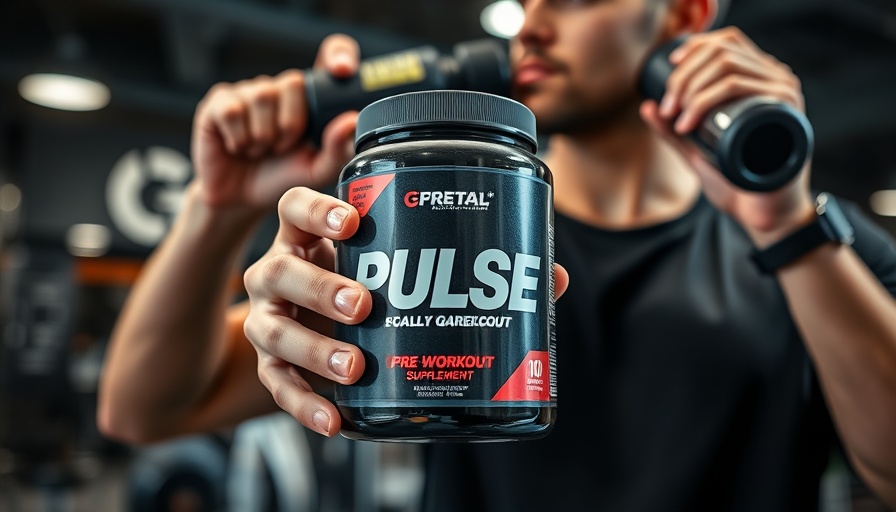
Understanding Creatine and Pre-Workout Supplements
To maximize muscle gains and athletic performance, many fitness enthusiasts turn to supplements, particularly creatine and pre-workouts. These two potent allies serve distinct purposes yet can potentially work in harmony when taken correctly. Creatine, a naturally occurring compound, is celebrated for its ability to enhance strength, recovery, and muscle growth by increasing the production of adenosine triphosphate (ATP), the energy currency of cells. On the other hand, pre-workouts are designed to boost energy, focus, and endurance, often containing stimulant ingredients like caffeine.
Can You Safely Mix Creatine with Pre-Workout?
The burning question remains: Can you mix creatine with pre-workout? The good news is yes, you can! This combination allows you to leverage the benefits of both supplements. However, caution is warranted when considering caffeine, a common ingredient in many pre-workout formulas, as large doses may interfere with creatine’s effectiveness. Therefore, it’s wise to limit your caffeine intake to about 350 mg if mixing these supplements.
The Benefits of Combining Creatine and Pre-Workout
When done correctly, combining these two supplements can enhance workout performance significantly. Research indicates that the synergistic effects of creatine and caffeine can lead to improved endurance, strength, and mental clarity. For instance, a study on moderately trained athletes found that participants experienced notable improvements in their aerobic capabilities and lean muscle mass when taking a combination of creatine, caffeine, and other amino acids.
Considerations for Stacking Creatine with Pre-Workout
While mixing creatine with pre-workout can be beneficial, there are some considerations to bear in mind. Overstimulation is a potential risk as both supplements can contain caffeine, leading to jitters or heightened heart rate. Additionally, creatine draws water into muscles, which, combined with the diuretic effects of some pre-workouts, could risk dehydration. Hence, it’s essential to drink plenty of water and adjust dosages as necessary to avoid gastrointestinal discomfort, especially if you're new to these supplements.
Optimal Timing for Consumption
The timing of when these supplements are taken can impact their effectiveness. It’s generally recommended to consume pre-workout supplements 30–45 minutes before exercise to allow the ingredients to work effectively. Creatine, however, can be taken post-workout to replenish muscle stores and aid recovery. Many athletes benefit from splitting their doses—taking part before the workout and part afterward—to balance performance enhancement and recovery fully.
Final Thoughts on Mixing Creatine with Pre-Workout
In summary, mixing creatine with pre-workout can amplify your fitness results but should be approached with understanding and caution. Aim for proper dosages, stay aware of caffeine intake, and ensure adequate hydration. By following these guidelines, you can potentially unlock remarkable gains in strength and performance, turning your workout sessions into effective and productive endeavors.
 Add Row
Add Row  Add
Add 




Write A Comment